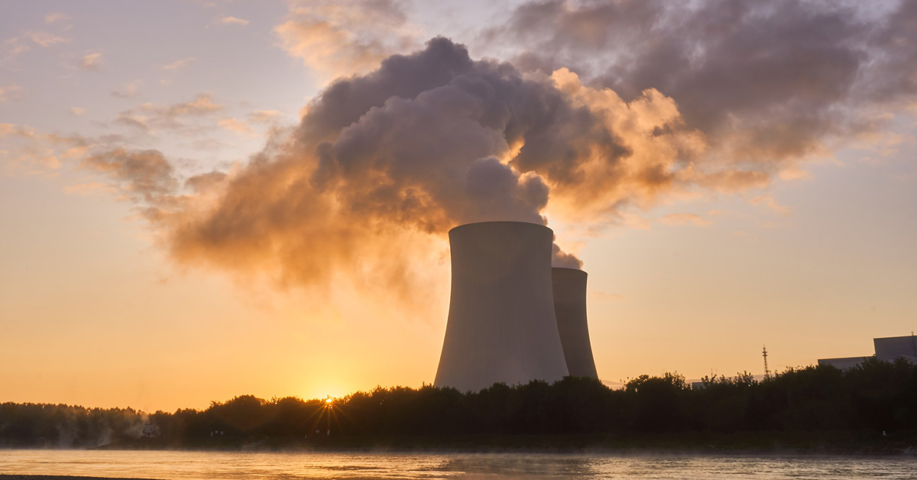NB Power’s staggering debt should give provincial government pause on risky small modular reactor investment
Unceded and unsurrendered Wolastoqey/Mi’kmaq/Peskotomuhkati territory/Fredericton — The Conservation Council of New Brunswick’s Director of Climate Change and Energy Solutions, Dr. Louise Comeau, issued the following statement regarding Auditor General Kim Adair-MacPherson’s Feb. 23, 2021 report on NB Power’s debt challenges.
“The Auditor General’s report on the debt load of New Brunswick’s public utility shows the driving factor of NB Power’s $4.9 billion debt is the construction and refurbishment of the Point Lepreau Nuclear Generating Station.
New Brunswickers remember that the refurbishment was supposed to take 18 months at a cost of $1 billion, but in reality left the station offline for four years and was well over budget at $2.3 billion. Point Lepreau is currently offline just when we need it most to meet winter peak demand.
Unreliable nuclear power leaves the province burning coal or oil to generate electricity because it has invested too little in publicly-owned, carbon-free and affordable renewable energy. New nuclear investments risk even more debt and carbon liabilities leading to higher rates in the future.
The Conservation Council believes we should instead invest in what the Institute for Climate Choices calls safe bets for delivering cost-effective greenhouse gas reductions through investments in energy efficiency, and switching to renewable energy and electric vehicles.
The Auditor General’s report also notes NB Power’s 10-Year Plan for 2021-2030 fails to assess the risks and uncertainties associated with Point Lepreau’s capacity and the impact of major weather events, increasingly fueled by climate change. Adair-MacPherson recommends the public utility improve its financial forecasting with respect to these uncertainties.
We need a provincial plan to electrify our economy in line with global efforts to rapidly decarbonize and adapt to climate change risks. To do this, we call on Premier Blaine Higgs and Natural Resources and Energy Development Minister Holland to develop a 10-year deep decarbonisation and electrification plan for the province based on extensive stakeholder input.
For more information or to arrange an interview, contact:
Jon MacNeill, Communications Director, Conservation Council of New Brunswick | jon.macneill@conservationcouncil.ca | 506-238-3539

